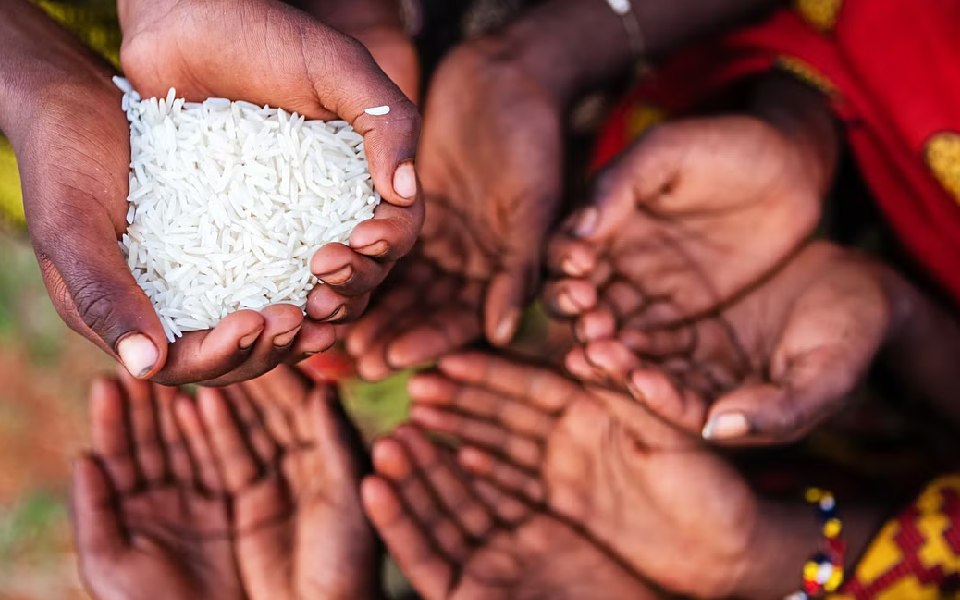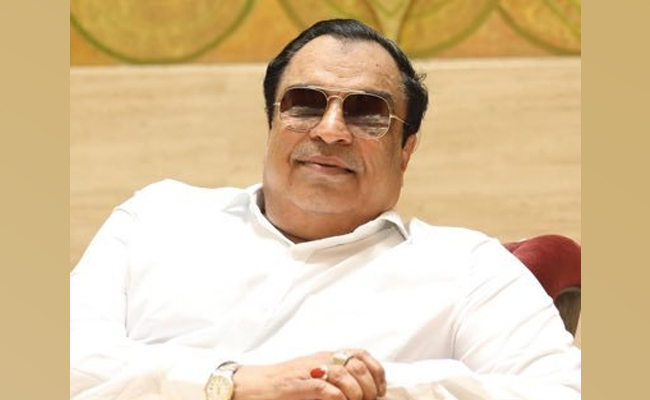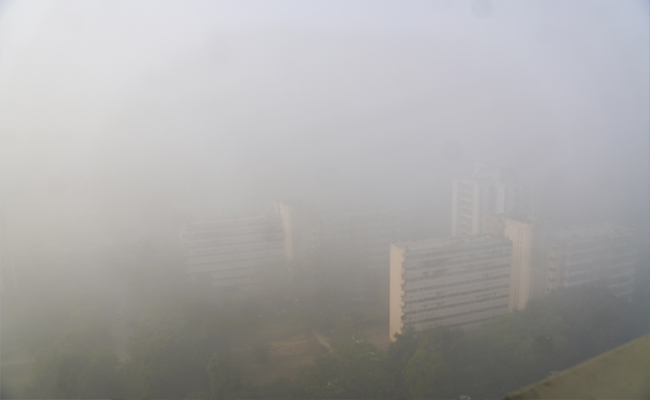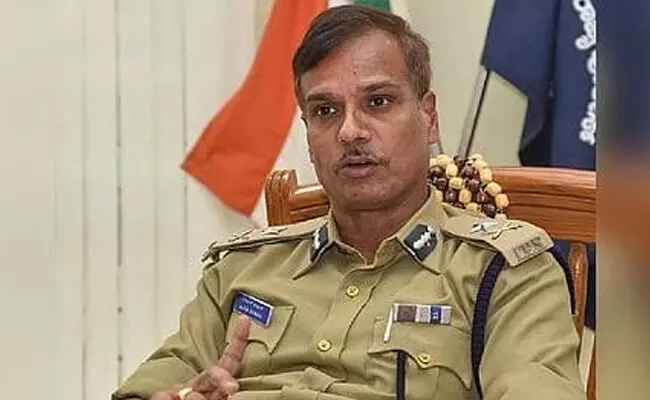London, Oct 12: The Global Hunger Index (GHI), a tool used by international humanitarian agencies to measure and track hunger levels with GHI scores based on under-nourishment and child mortality indicators across 127 countries, has ranked India 105th, which places it under the “serious” category of the analysis.
The 2024 report, now in its 19th edition, is published this week by Irish humanitarian organisation Concern Worldwide and German aid agency Welthungerhilfe to highlight that hunger levels will remain high in many of the world’s poorest countries for several decades in the absence of more progress in measures to tackle the issue.
India is among 42 countries that fall within the "serious" category, alongside Pakistan and Afghanistan, with other South Asian neighbours such as Bangladesh, Nepal and Sri Lanka showing better GHI scores to be listed under the “moderate” category.
“With a score of 27.3 in the 2024 Global Hunger Index, India has a level of hunger that is serious,” reads the index entry.
India's GHI Score is based on the values of four component indicators: 13.7 per cent of the population is undernourished, 35.5 per cent of children under five are stunted with 18.7 per cent of them being wasted, and 2.9 per cent of children die before their fifth birthday, the report notes.
For the purpose of the index, undernourishment is defined as the share of the population with insufficient caloric intake, stunted as the share of children under age five who have low height for their age to reflect “chronic” undernutrition, wasting as the share of children under five who have low weight for their height due to “acute” undernutrition, and mortality refers to the fatal mix of inadequate nutrition and unhealthy environments.
Based on the values of these four indicators, a GHI score is calculated for each country on a 100-point scale reflecting the severity of hunger, where 0 is the best possible score (no hunger) and 100 is the worst.
Based on its analysis, the report concludes the chances of achieving the United Nations Sustainable Development Goal of Zero Hunger by 2030 are looking very unlikely.
“Despite the international community’s repeated emphasis on the importance of the right to adequate food, there remains a troubling disparity between the standards established and the reality that in many parts of the world the right to food is being blatantly disregarded,” the report concludes.
Globally, around 733 million people face hunger each day due to a lack of access to a sufficient amount of food, while about 2.8 billion people cannot afford a healthy diet.
Some of the African nations are on the extreme ends of the GHI spectrum under the "alarming" category, with wars in Gaza and Sudan being highlighted as having led to exceptional food crises.
Conflict and civil strife are also generating food crises elsewhere, including the Democratic Republic of the Congo, Haiti, Mali and Syria, it added.
Let the Truth be known. If you read VB and like VB, please be a VB Supporter and Help us deliver the Truth to one and all.
Kalaburagi: Two years after being expelled from the Janata Dal (Secular), former minister C.M. Ibrahim has announced that he will launch a new regional political party in Karnataka on January 24, reported Deccan Herald.
Speaking at a meeting organised by the Nava Karnataka Nirmana Andolana in Kalaburagi on Sunday, Ibrahim confirmed the birth of the new party.
The 77-year-old politician stated he would soon be meeting with other like-minded individuals to choose a symbol for the party.
ALSO READ: Veteran Congress leader Shamanuru Shivashankarappa laid to rest with full state honours
Ibrahim emphasised that the organisation would be guided by the principles of 12th-century social reformer Basavanna and the architect of the Indian Constitution, Dr. B. R. Ambedkar.
A veteran politician, Ibrahim served as Union Civil Aviation Minister during the tenure of H.D. Deve Gowda as Prime Minister and later headed the Karnataka unit of the Janata Dal (Secular). He was expelled from the JD(S) in 2023 on charges of anti-party activities.
His exit from the party followed sharp differences over the JD(S) decision to ally with the Bharatiya Janata Party (BJP). As the then state president of the JD(S), Ibrahim had publicly criticised the alliance, claiming it was finalised without his knowledge. He had also reportedly convened meetings of his supporters and expressed support for the INDIA bloc.





